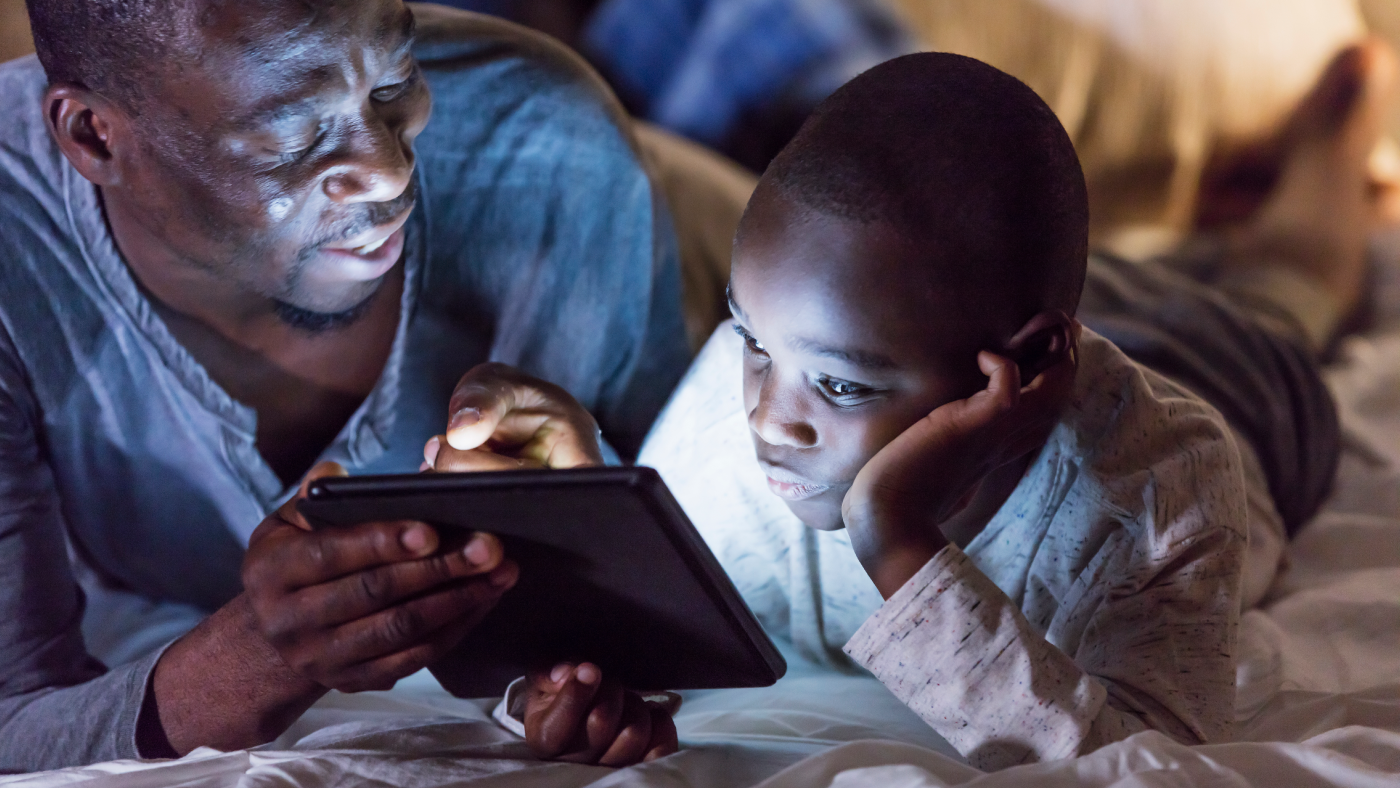presentation | Oct 27, 2008
The internet has changed people's expectations of their relationship with health professionals. One possible next step is the concept of participatory medicine.
report | Oct 20, 2008
Readers react to coverage of our "Networked Families" report (and at least one person is worried about the mom who feels "naked" without her Blackberry).
report | Oct 19, 2008
The internet and cell phones have become central components of modern family life. Among all household types, the traditional nuclear family has the highest rate of technology usage and ownership.
report | Oct 14, 2008
When scholars discuss elements of gaming that hold promise for engaging youth and connecting games to learning, one thing they often point to is modding.
report | Oct 8, 2008
Our tracking data from the end of last year shows that the size of the music downloading audience is larger than ever. In the American adult population alone, some 37% of internet users say they download music files online and 7% do so on a typica...
report | Oct 6, 2008
Deep in our recent report Teens, Video Gaming and Civics was a nugget about cheats. Not cheat-ing, but the use of "cheats" or codes to open additional content in the game
report | Oct 1, 2008
The New York Times quoted our data in an article entitled Logging On for a Second (or Third) Opinion. We happen to be preparing our next health...
report | Sep 26, 2008
Online activists and concerned citizens are using the internet to learn about the financial crisis, share their views on the proposed bailout, and organize their friends.
report | Sep 24, 2008
The majority of employed adults (62%) use the internet or email at their job, and many have cell phones and Blackberries that keep them connected even when they are not at work.
report | Sep 24, 2008
Many say communications technologies are a mixed blessing as they see the boundaries between work and home life blur










